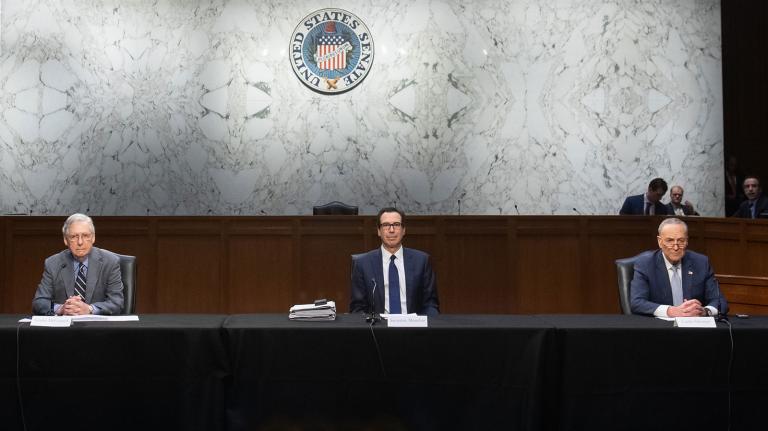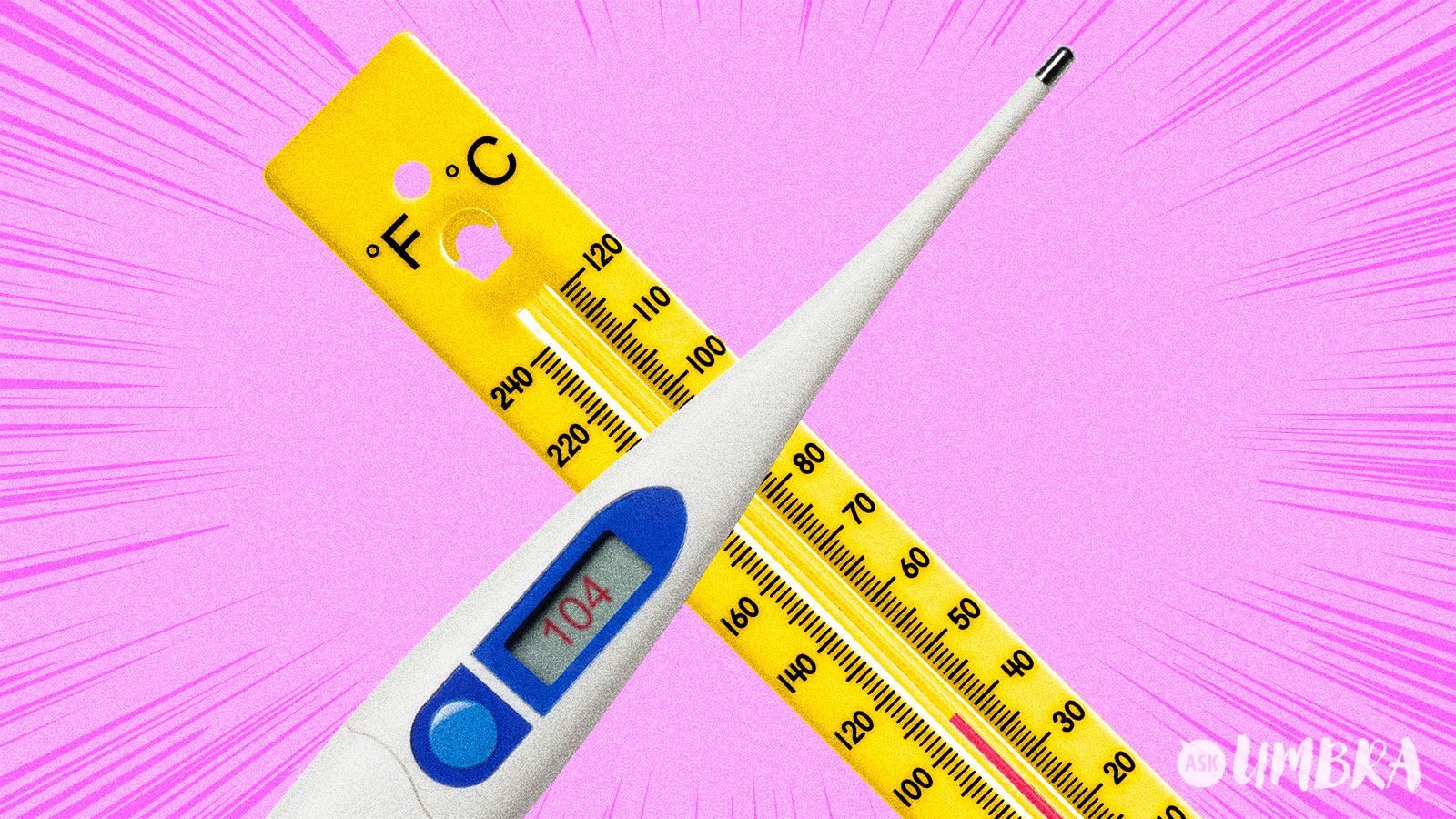Q. Dear Umbra,
Can climate mobilization efforts benefit from the fear associated with the coronavirus pandemic? How might this public health nightmare result in lower greenhouse gas emissions?
— Might Apocalyptic Year Beget Evolution?
A. Dear MAYBE,
So you’ve hit on possibly the one good thing to come out of the coronavirus crisis, which has transformed so many lives around the world seemingly overnight. Given the urgency of the problem, a staggering number of people have, willingly or not, drastically changed their lifestyles for the greater good of humanity — canceling flights, temporarily closing schools and businesses, and trying not to touch our faces even though it’s actually impossible not to!
That’s the same level of selfless initiative (or at least, government-mandated disruption) that activists say is needed to address the slower-moving existential crisis already in progress. In very simple terms, curbing global warming will require everyone to change the way they live and shift away from fossil fuels. That doesn’t happen without a pretty compelling rallying cry.
For years, Margaret Klein Salomon, co-founder of the environmental activist organization Climate Mobilization, has been saying that more people need to treat the climate crisis as they did World War II: a global emergency that requires deep cooperation and personal sacrifice. But given our current COVID-19 predicament, we no longer have to look back that far in history for inspiration.
Granted, changing our lives to stop the spread of this pandemic hasn’t been a Disney film. There are no smiling corona elves beatifically waving from behind the shuttered windows of our quarantined homes, angelic voices joined in a slightly muffled rendition of “Imagine.” No; the forced withdrawal from public life, loss of work, and an acute and heightened sense of germophobia have been financially and emotionally damaging to millions. No one is happy about it, and a lot of people are not very good at it. But I would venture to say, based on what we can glean from recent cell phone and traffic data, that most people are really trying, in whatever bungled way they can, to go the (social) distance.
So will this animation around COVID-19 translate to a climate revolution? The difficult thing about climate change, versus coronavirus, is that, until very recently, it appeared to be a far-off probability versus an impending threat. It’s really hard to get people to do things that are challenging or even just inconvenient to preemptively address a distant, not-certain threat! And despite the excitement around a possible Green New Deal resolution or various Democratic presidential candidates’ climate plans, there’s been a general lack of real talk when it comes to the level of change needed — yes, even in your own life! — to avoid the most serious consequences of global warming.
“The climate movement has been hesitant to talk about the level of disruptive change needed to transform the economy, because of the sense that public isn’t ready to hear that message and they would react very negatively,” Ezra Silk, Salomon’s co-founder of the Climate Mobilization, told me over the phone (obviously). “But what we’re seeing in this situation, in a condition of emergency, is that people are prepared … to adhere to major disruptions and to support them in the name of health and safety in the public.”
The coronavirus crisis marks the first time that most people alive right now have ever lived through this type of collective, bond-forming, global experience, Silk said. And one of the reasons it’s generating cooperation is that the narrative is super straightforward: There is a common enemy (this extremely contagious virus) that endangers everyone, particularly the old and the already-ill. Everyone knows, more or less, what they’re supposed to do to defeat it at this point: Stay inside, keep your distance from other people, keep your mitts clean and off pretty much everything.
James Jasper, a City University of New York professor who’s devoted his career to researching the emotional catalysts and dynamics behind social movements, explained that a person is more inclined to join a movement because they sense that their community is hurt or threatened in some way than if they sense that they, personally, are hurt or threatened in some way. There is something about a threat to a group, rather than an individual, that triggers a stronger anger response and incites a willingness to change. That certainly seems to be the case with COVID-19, which is particularly (but not exclusively) dangerous for older folks and those with underlying health conditions. That creates a very clear and evocative reason for sacrifice: I’m doing this for my mother, or neighbor, or teacher.
But when the threatened group grows to encompass “all of humanity” — and even more vaguely, “all human generations down the line” — that willingness to act starts to falter a bit. It also doesn’t help matters when there is no single, clear “enemy.” Who is to blame for climate change? On one hand, there is the refrain that everyone alive plays some role in causing it, so we should all do what we can to reduce our personal carbon footprints. This is confusing because while it’s technically true, it’s also a tactic some of the worst climate offenders have used to try to muddle any interest in large-scale, actually effective political change.
At the same time, even those “worst offenders” are a pretty diffuse group: Do we point to corrupt congressmen, fossil fuel CEOs, or celebrities with private jets? Or industrial robber barons from 200 years ago?
The more complicated the narrative, the harder it is to mobilize around it. We’re already seeing the metaphorical enemy begin to dissipate and take on new forms as the COVID-19 pandemic becomes a much more complex societal threat. Are we supposed to rail against an incompetent president, or against multibillionaire bosses who won’t give sick time to workers who badly need it, or against our friends who won’t cancel their spring beach vacations?
I have read a few glowy-eyed takes that assert the level of personal sacrifice that so many people are currently already undertaking for coronavirus is an auspicious sign for future climate action. I don’t know; I think there is a reason that so many state and city leaders have had to institute increasingly severe restrictions on public movement to keep people inside. And as Ezra Silk pointed out, people are more likely to make and stick to long-term sacrifices when they have faith in a strong leader; that is certainly not the case right now with regard to coronavirus, which may not bode well for the months ahead.
In other words, these are still early days of the pandemic. There is so much yet that could go right or wrong, and so much yet to learn from.
Patiently,
Umbra




